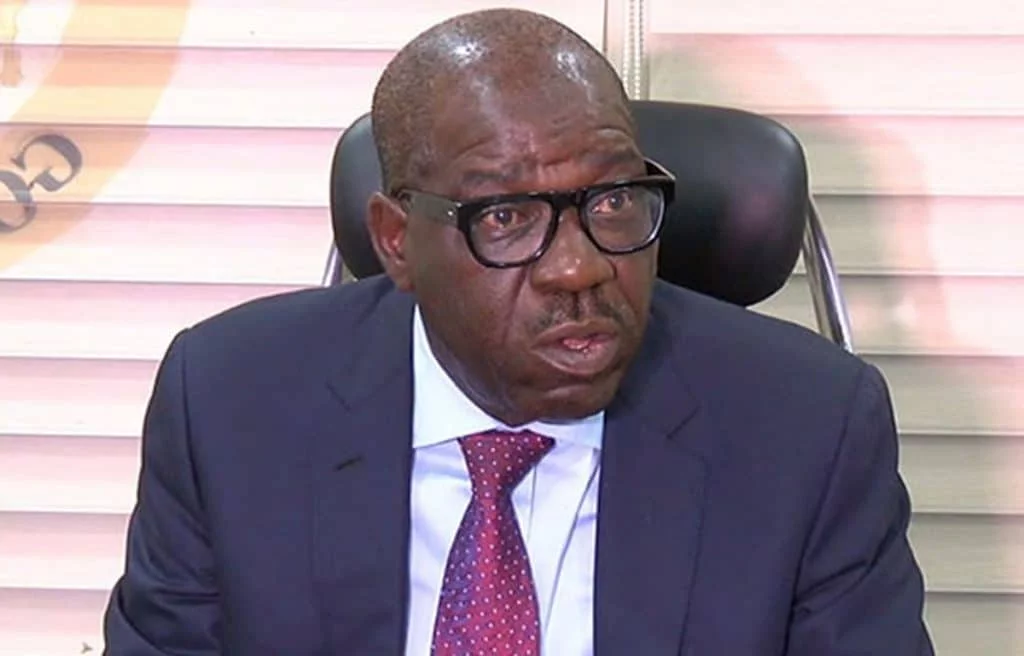The Edo State Governor, Mr. Godwin Obaseki, has decried the adverse effects of rising hunger in Nigeria in the wake of staggering policy changes that have left many Nigerians unable to afford basic necessities.
The governor, who spoke in commemoration of World Food Day marked every October 16 by the United Nations, noted that government ought to adopt pragmatic reforms to check the spate of hunger, boost local food production and address systemic challenges to food security.
According to him, “As we mark World Food Day, it is imperative to reflect on the rising spate of hunger in the country. Recent decisions to remove fuel subsidy and float the naira have had adverse effects on the economy and measures to curtail inflation and rising food prices have not yielded expected results.
“As a result, many Nigerians are finding it difficult to feed. It is therefore expedient to take a step back and seek out more pragmatic solutions to the problems at hand.”
The governor said that the Edo State Government had set up initiatives like the Edo State Oil Palm Programme (ESOPP), a two-phased 120,000-hectare oil palm production scheme, to address issues of food shortage and provide raw materials for production, adding that such localised large scale schemes are the kind of solutions needed to check the current food crisis.
He added, “The theme for this year’s World Food Day, ‘Foods for a better life and better future’ is apt as it calls for inclusive and pragmatic policies to provide food that can sustain livelihoods. It is such pragmatic approach that government at the Federal and State levels should adopt to address the rising hunger in the land.”
He stated that much as there are savings accruing from policy changes, which have released more funds for government expenditure, it is important to prioritise commercial food and agriculture programmes that would address the current spate of hunger.
